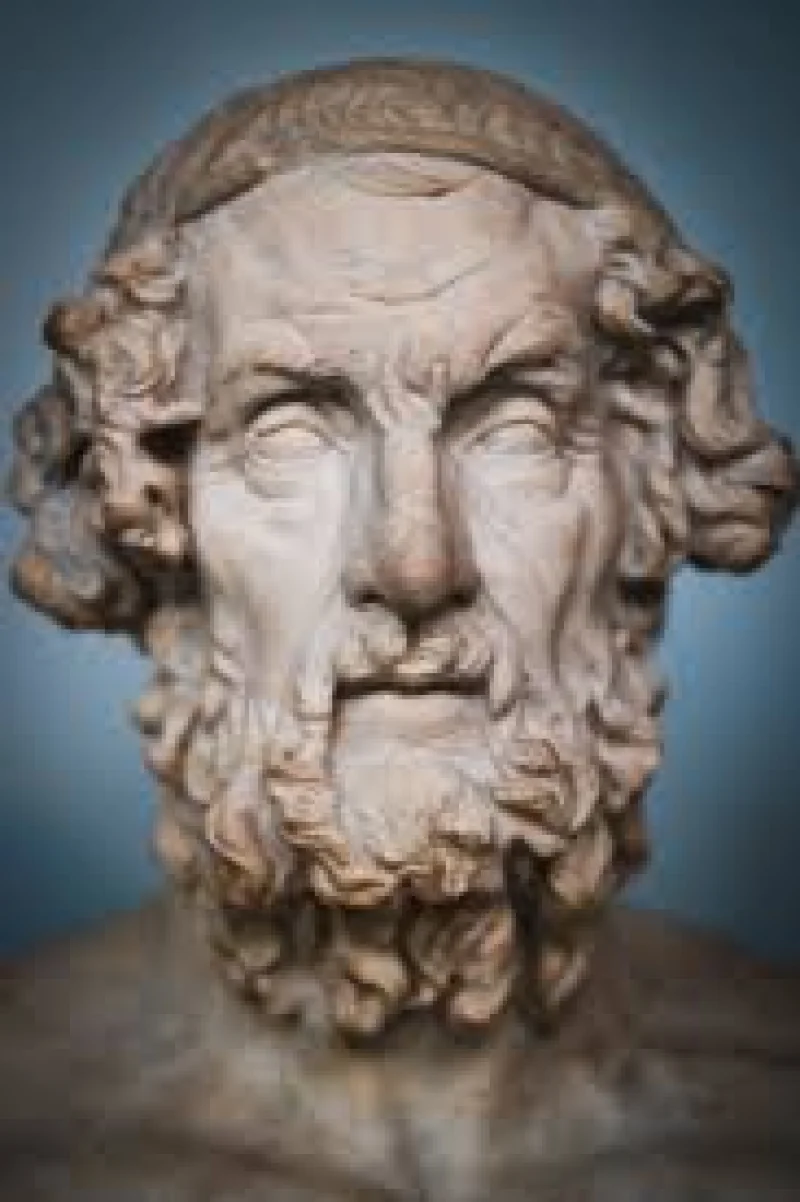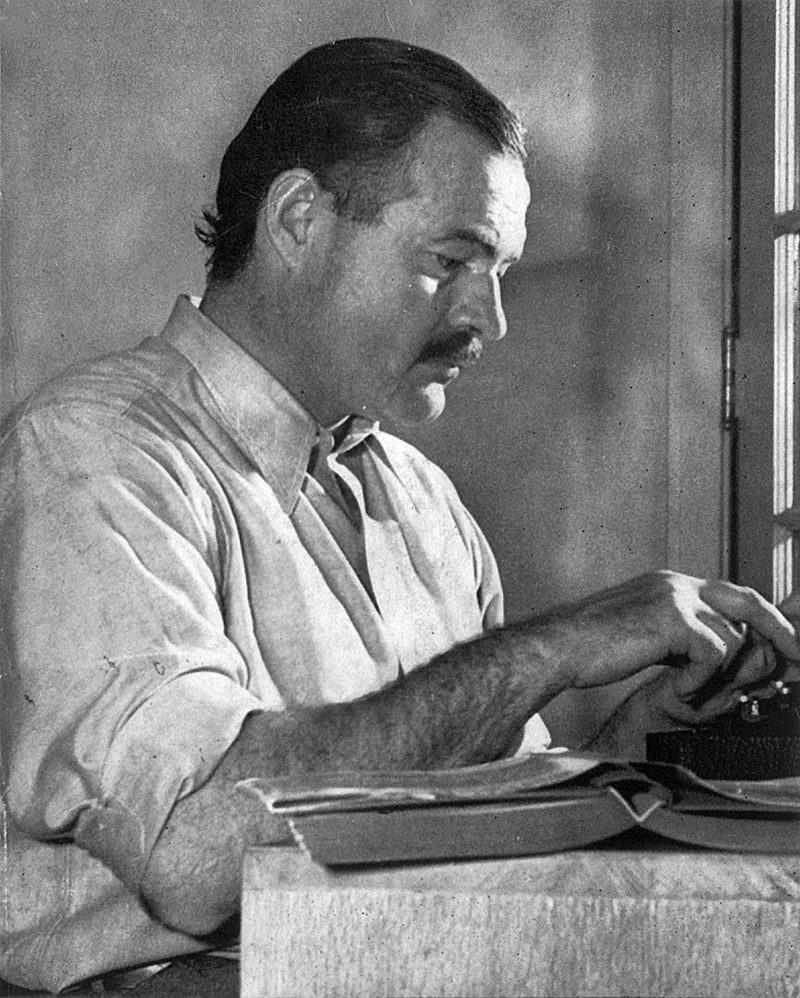Short Summary
Friedrich Nietzsche was a 19th-century German philosopher renowned for his profound and often provocative ideas on morality, religion, and the nature of existence. He is best known for his declaration that "God is dead" and his concept of the Übermensch, or "Overman." Nietzsche's work has had a lasting impact on Western philosophy, influencing existentialism, postmodernism, and various other disciplines. Despite experiencing significant health challenges throughout his life, his intellectual legacy continues to inspire and challenge thinkers worldwide.
Early Life & Education
Friedrich Nietzsche was born on October 15, 1844, in Röcken, Saxony, then part of the Kingdom of Prussia. He was the son of a Lutheran pastor, and his early life was marked by the death of his father when he was just five years old. Nietzsche showed academic promise from a young age, attending the prestigious Schulpforta boarding school. He later studied classical philology at the University of Bonn and the University of Leipzig. During his studies, he was profoundly influenced by the works of Arthur Schopenhauer and the music of Richard Wagner, which shaped his philosophical outlook.
Career Highlights
Friedrich Nietzsche began his academic career as a professor of philology at the University of Basel at the remarkably young age of 24. However, his growing interest in philosophy led him to resign from his position in 1879 due to health issues. He then dedicated himself to writing, producing significant works such as "Thus Spoke Zarathustra," "Beyond Good and Evil," and "The Birth of Tragedy." His writings, characterized by a unique style and profound insights, challenged conventional morality and religion, positioning him as a revolutionary thinker in modern philosophy.
Major Achievements
- "The Birth of Tragedy" (1872) - A groundbreaking work on the interplay between Apollonian and Dionysian forces in art.
- "Thus Spoke Zarathustra" (1883-1885) - Introduced concepts like the Übermensch and eternal recurrence, significantly impacting existentialist thought.
- Development of the "Will to Power" philosophy, influencing future philosophical and psychological theories.
Famous Quotes
- "God is dead. God remains dead. And we have killed him."
- "He who has a why to live can bear almost any how."
- "What does not kill me makes me stronger."
Interesting Facts
- Nietzsche was a close friend of composer Richard Wagner, although they later had a falling out.
- He suffered from severe health problems, including migraines and mental illness, leading to his early retirement.
- His sister, Elisabeth Förster-Nietzsche, was instrumental in compiling and editing his work posthumously, though she often manipulated his ideas to suit her own beliefs.
Legacy / Influence
Nietzsche's philosophical ideas have significantly influenced existentialism, postmodernism, and psychoanalysis. His critique of religion and morality challenged traditional values, prompting new ways of thinking about individualism and the human condition. His concept of the Übermensch has been both admired and criticized, impacting literature, philosophy, and even political movements. Nietzsche's work continues to be studied and debated, maintaining a crucial role in modern philosophical discourse.
FAQ
Q: Why is Friedrich Nietzsche famous?
A: He is famous for his influential ideas on morality, religion, and existentialism, including the concepts of the Übermensch and "God is dead."
Q: What is the Übermensch?
A: The Übermensch is a concept of an idealized individual who transcends conventional morality to create their own values.
Q: What were Nietzsche's key influences?
A: Nietzsche was influenced by the philosophy of Arthur Schopenhauer and the music of Richard Wagner.
Q: Did Nietzsche have any health issues?
A: Yes, he suffered from severe migraines and mental illness, which affected his career and personal life.












